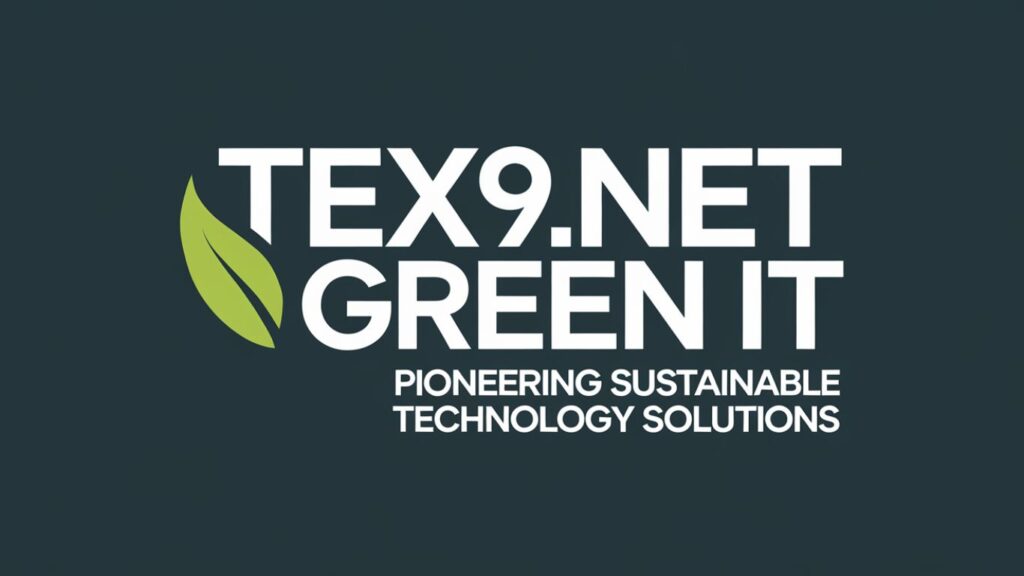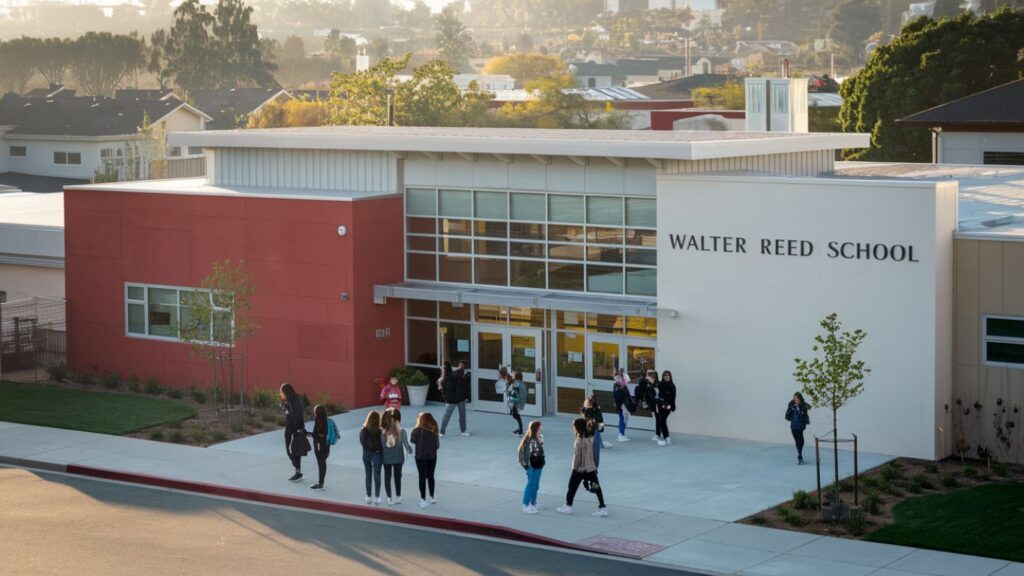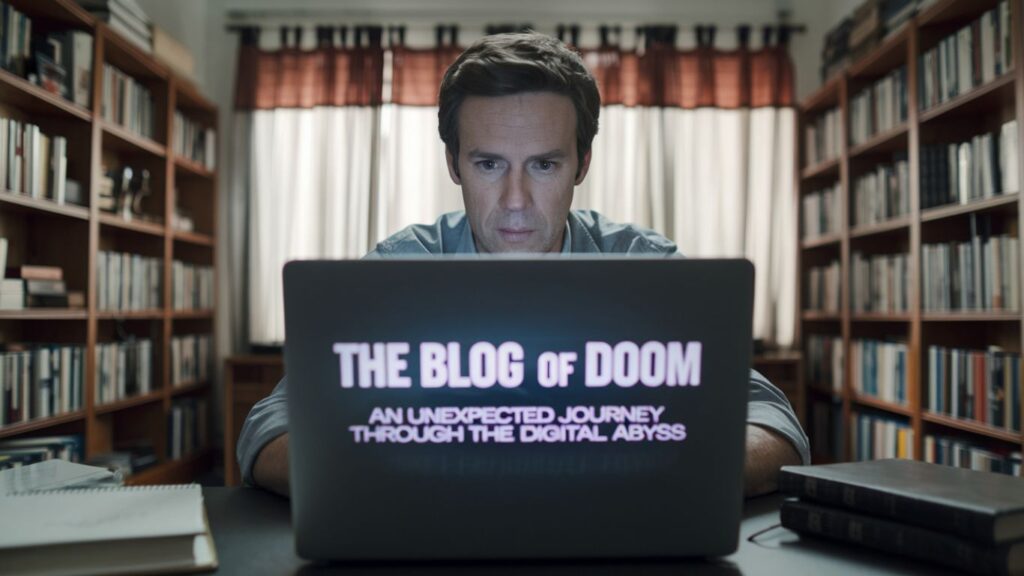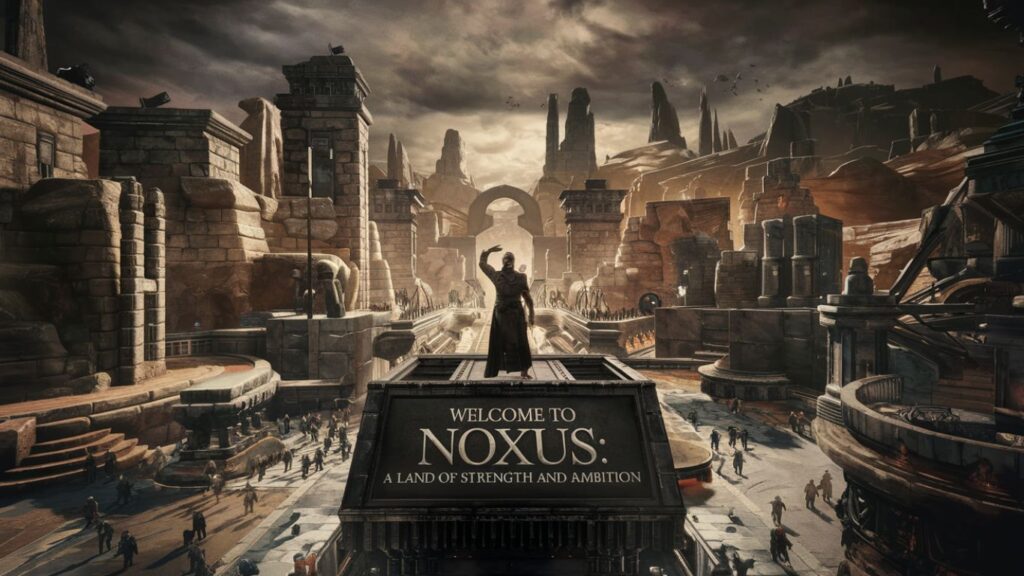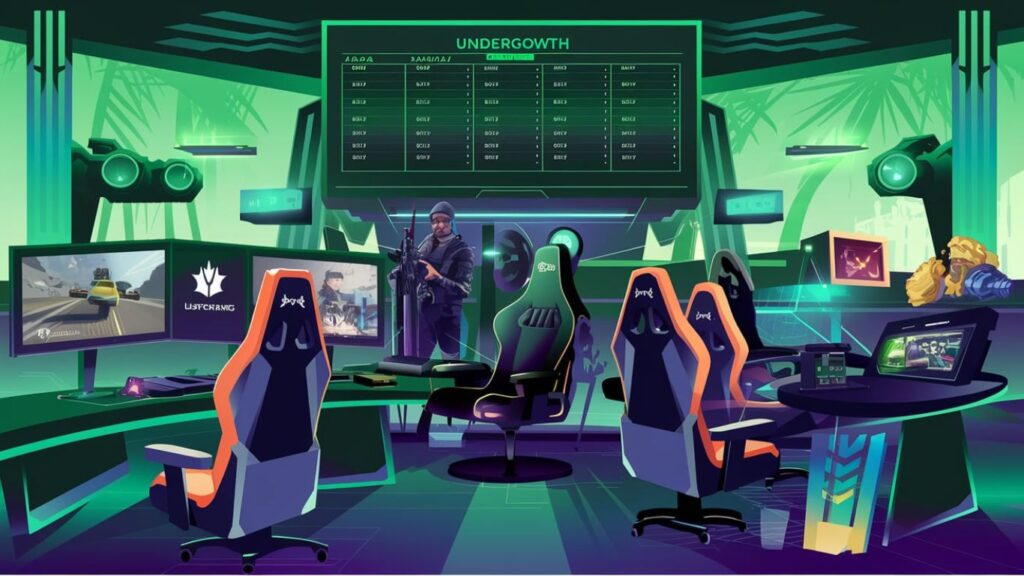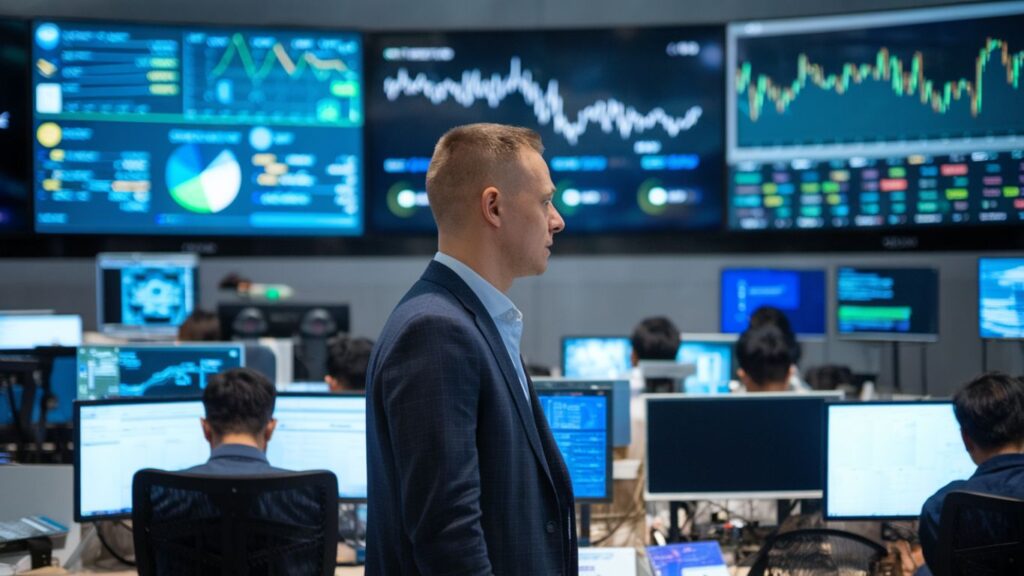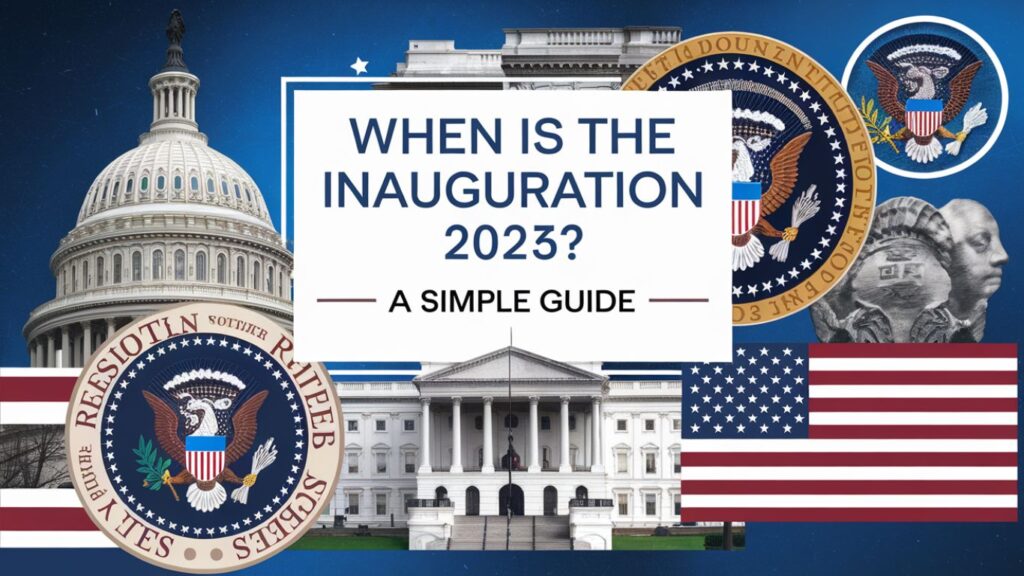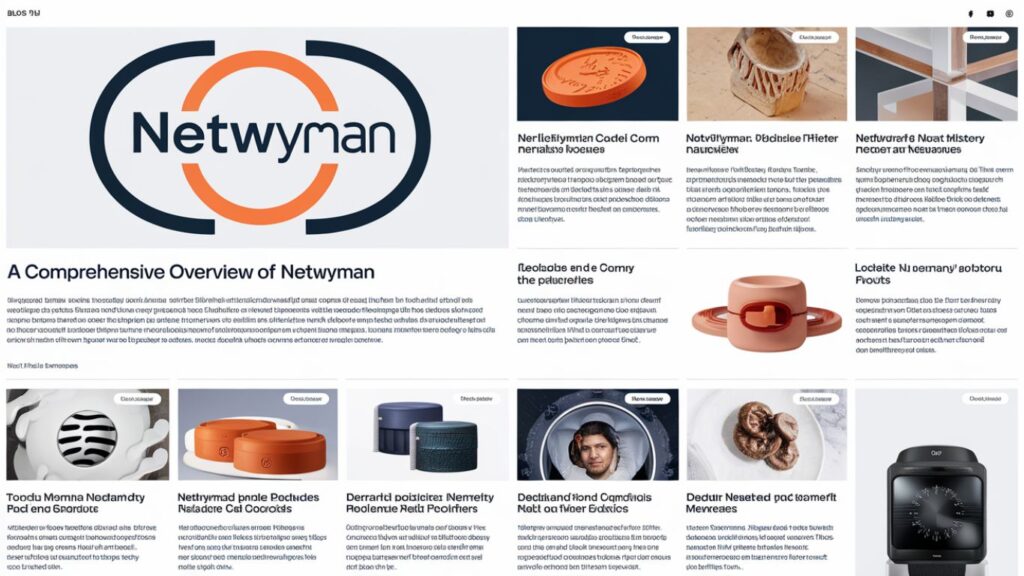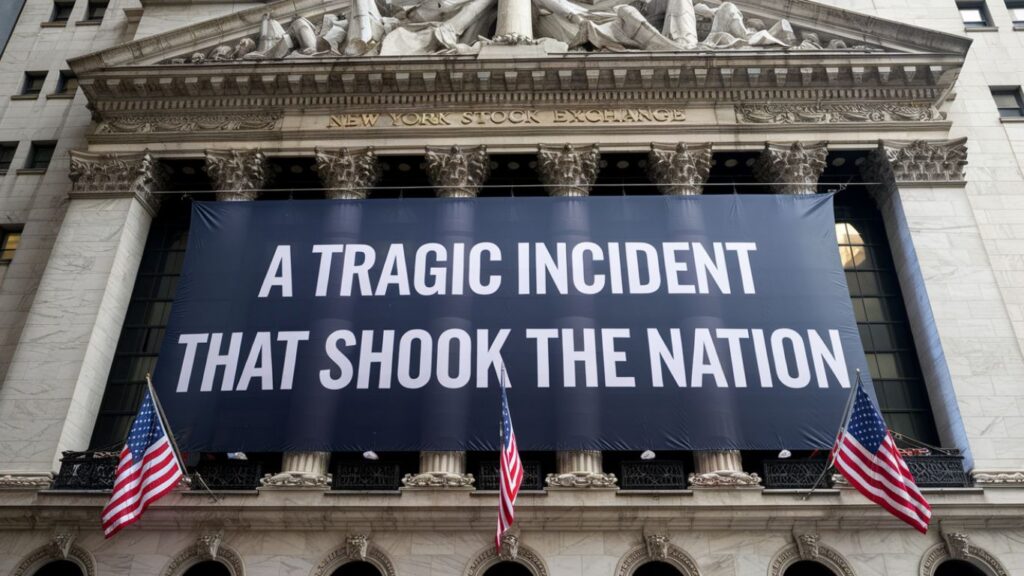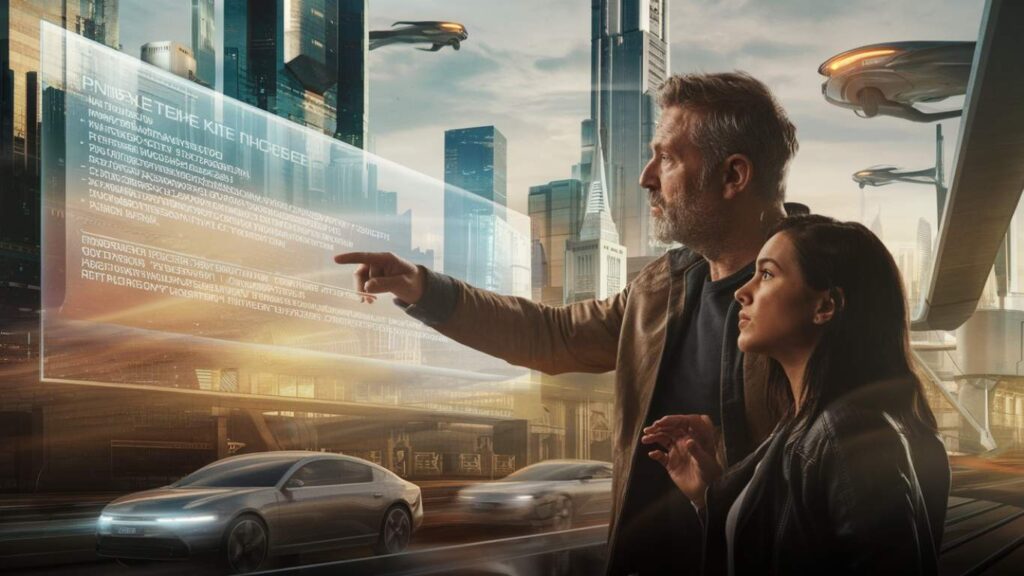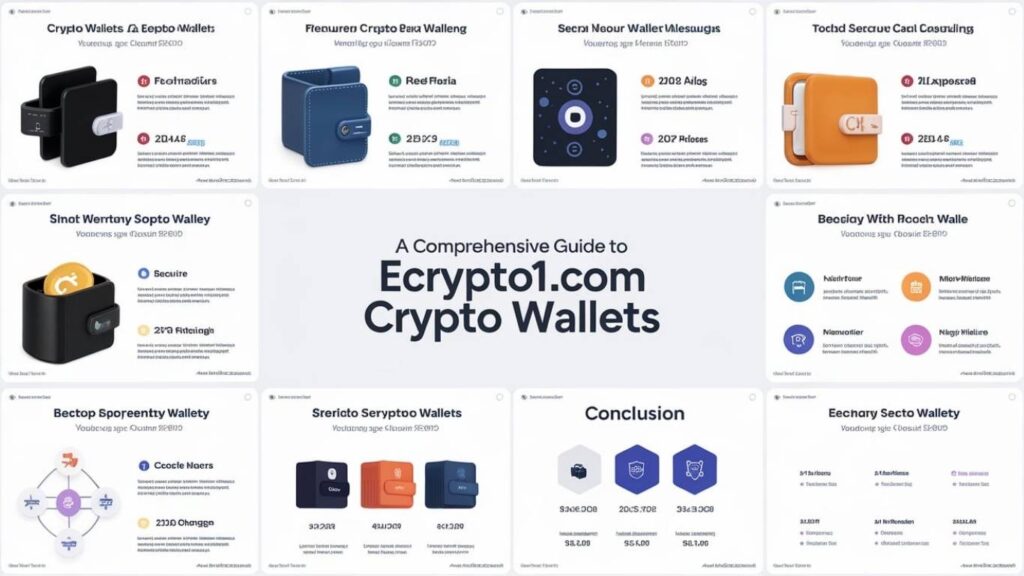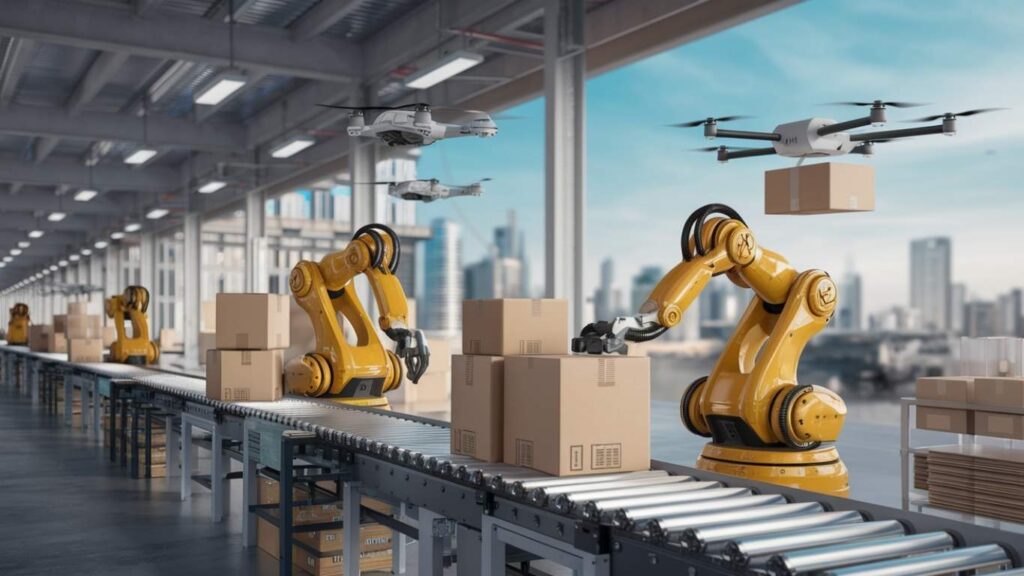The Future of AI: Are We Ready for 2025?
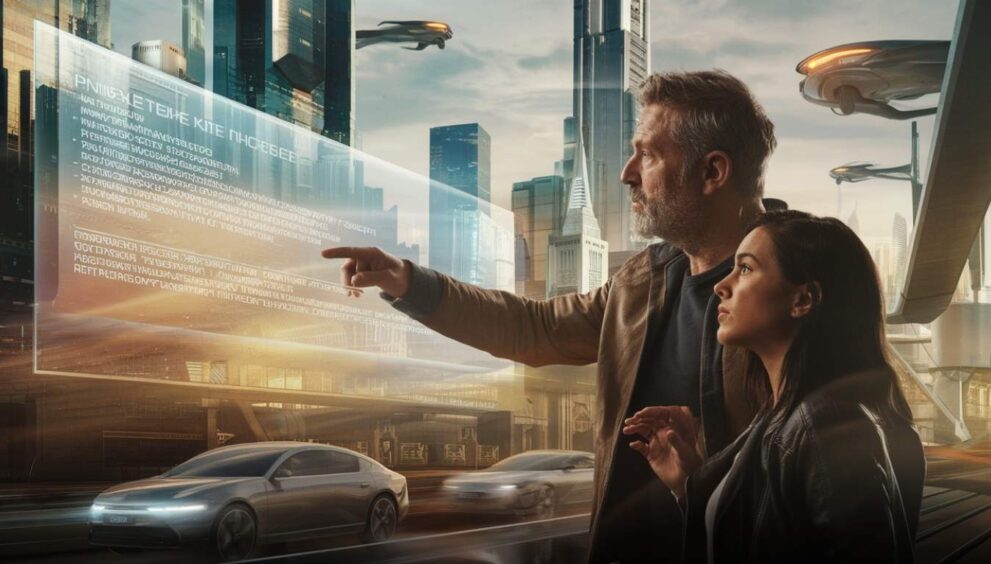
Artificial Intelligence (AI) has grown from a futuristic concept to a central player in our daily lives. But as we step into 2025, a pivotal question arises: Are we truly ready for the transformations AI will bring? This article dives deep into the advancements, challenges, and ethical considerations surrounding the future of AI. Let’s embark on this exciting journey together.
Introduction to AI in 2025
AI isn’t just a concept from science fiction movies anymore—it’s shaping industries, enhancing efficiencies, and challenging norms. By 2025, we expect AI to be integrated deeper into society, from the gadgets we use to the policies we debate. However, are we truly ready to navigate both its potential and its challenges?
Current AI Landscape
AI has already revolutionized areas like speech recognition, natural language processing, and autonomous driving. Virtual assistants such as Alexa and Siri have become household staples, but these innovations are merely the beginning. The foundation built by these technologies sets the stage for the explosive growth expected in the next few years.
Breakthroughs Expected by 2025
By 2025, AI is expected to achieve milestones like:
- Advanced Natural Language Understanding: Conversational AI will become indistinguishable from human interaction.
- Autonomous Vehicles: Fully self-driving cars may finally hit the roads at scale.
- Healthcare Innovations: AI-driven diagnostics and personalized treatments will redefine patient care.
Imagine AI as a budding teenager today—brilliant yet unpredictable. By 2025, it may mature into a genius reshaping every facet of human life.
AI in Everyday Life
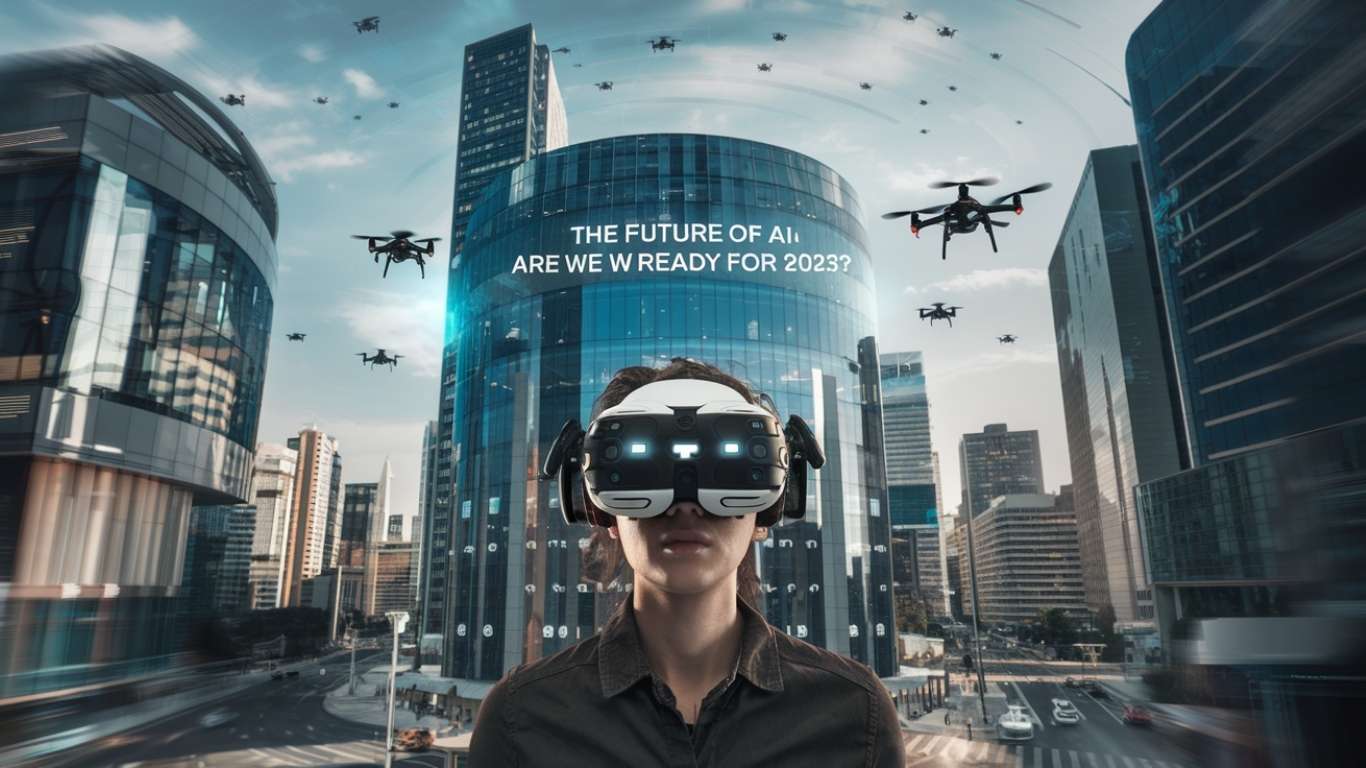
From smart homes to wearable tech, AI will make daily life more seamless. Imagine waking up to AI brewing your coffee just the way you like it, adjusting your home’s temperature, and even planning your day. It’s like having a personal assistant, except it’s invisible and incredibly efficient.
The Role of AI in Healthcare
AI is revolutionizing healthcare with innovations that are nothing short of groundbreaking. It’s helping doctors with early diagnoses, predicting patient outcomes, and even designing drugs. By 2025:
- AI-powered robotics could perform surgeries with precision.
- Wearable health monitors might alert users of potential risks in real-time.
- Predictive analytics will guide preventive care, reducing the strain on healthcare systems.
Isn’t it fascinating to think that AI could be saving lives while you read this?
AI and the Job Market
Will AI steal our jobs? This question has haunted many. The truth lies in balance. While some jobs will become obsolete, countless new opportunities will arise in AI development, maintenance, and ethical governance.
For instance:
- Routine tasks may become automated.
- Creative roles, like storytelling and design, could flourish with AI as a tool, not a replacement.
Think of AI as a calculator—it does the math, but the human decides how to use the answer.
Ethical Dilemmas of Advanced AI
The smarter AI gets, the trickier the questions become. Should a self-driving car prioritize the safety of its occupants or the pedestrians nearby? What if an AI chatbot spreads misinformation? These dilemmas highlight the need for ethical AI development.
By 2025, expect to see heated debates on:
- Bias in AI systems: Ensuring fairness in algorithms.
- Autonomy vs. control: Defining human oversight in AI decisions.
AI and Data Privacy
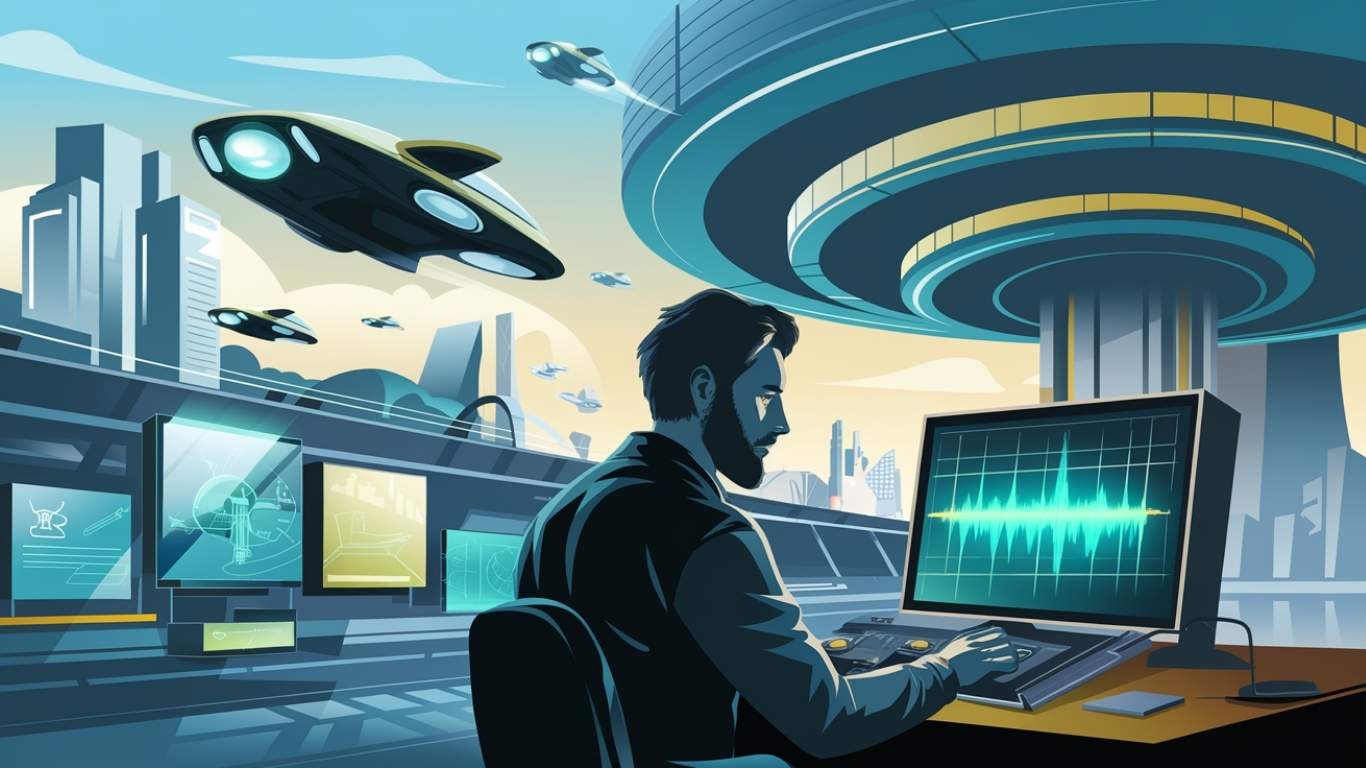
As AI grows smarter, it craves more data. But where do we distinguish between innovation and overreach? Data privacy will be a cornerstone of AI discussions in 2025, with individuals demanding transparency on how their information is used.
The Future of AI in Education
Education, one of society’s oldest systems, is undergoing a renaissance thanks to AI. From personalized learning plans to AI tutors, technology is bridging gaps and enhancing accessibility.
By 2025, AI could:
- Tailor lessons to each student’s needs.
- Provide real-time feedback, enhancing learning outcomes.
- Streamline administrative duties, allowing educators to dedicate more time to teaching.
AI in Climate Change Solutions
AI might just be the hero we need to combat climate change. It’s already optimizing renewable energy systems, predicting weather patterns, and even suggesting sustainable farming techniques. By 2025, expect AI to play a more significant role in:
- Carbon capture technologies.
- Efficient energy management.
- Biodiversity monitoring.
Imagine AI as the Sherlock Holmes of sustainability, revealing solutions we might otherwise overlook.
Challenges to Widespread AI Adoption
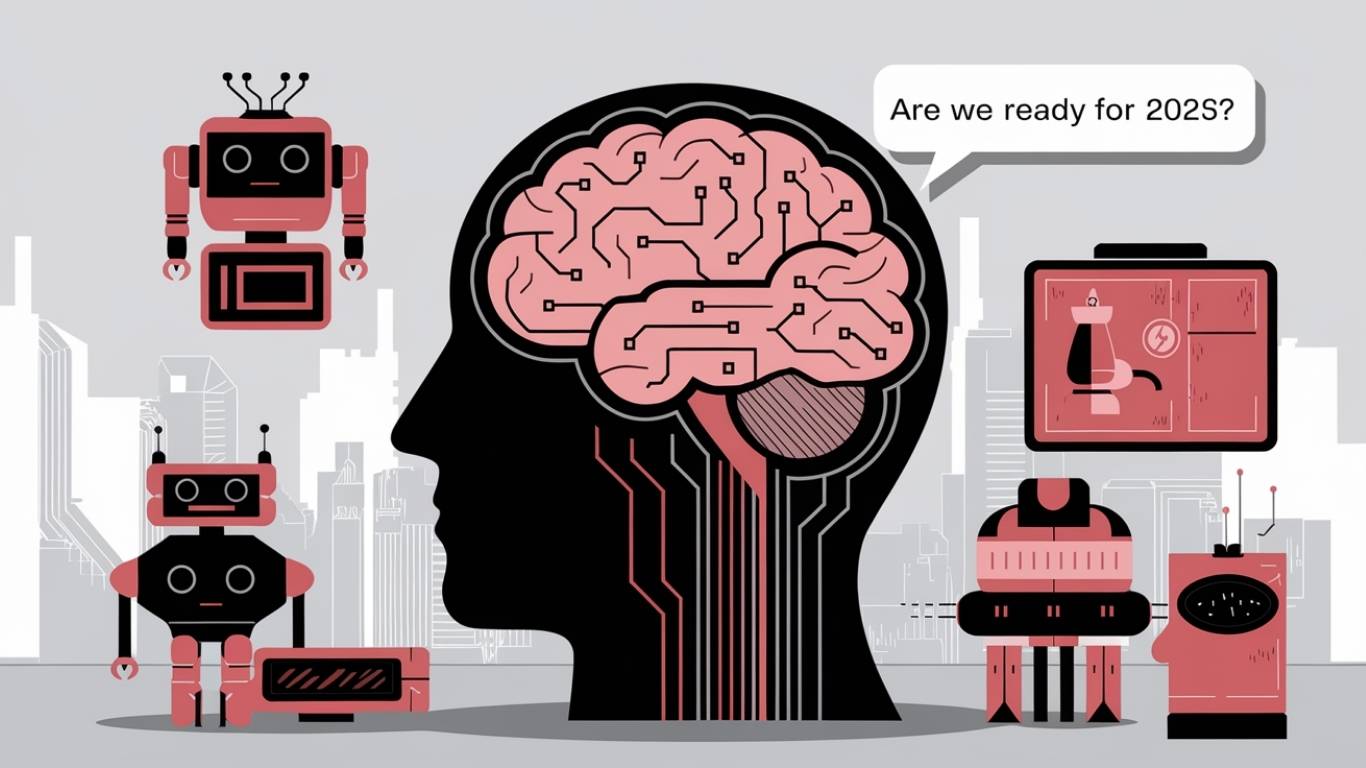
Despite its promise, AI isn’t without hurdles. These include:
- High implementation costs.
- Lack of skilled personnel.
- Resistance from industries and individuals reluctant to embrace change.
AI Governance and Regulation
AI’s power necessitates strict regulation. By 2025, expect governments and organizations to develop frameworks addressing:
- Accountability for AI-driven decisions.
- Data protection laws.
- Ethical AI standards.
How Businesses Are Preparing for AI
Companies are making significant investments in AI to maintain their competitive edge. From automating customer service to optimizing supply chains, the potential for growth is immense. Companies that adapt quickly will likely lead the market by 2025.
Are We Ready?
This question doesn’t have a straightforward answer. While technology is racing ahead, societal and regulatory readiness lags. To truly embrace AI, we need:
- Awareness and education: Ensuring people understand AI’s capabilities and limitations.
- Collaboration: Governments, businesses, and individuals working together.
- Adaptability: Embracing the inevitable changes AI will bring.
Conclusion and Final Thoughts
AI has moved beyond a distant dream—it’s here now, rapidly shaping the future in ways we never imagined. By 2025, the world will look dramatically different, with AI at its core. Are we ready? The answer depends on how well we adapt, regulate, and innovate. The journey may be challenging, but it’s also undeniably exciting.

 English
English 






